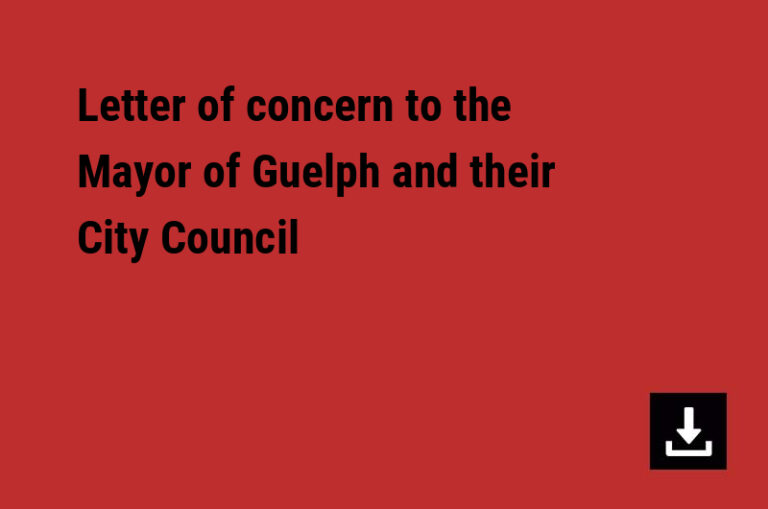
On 24 November 2023 the Global Director of The Shift and the Executive Director of the Women’s National Housing & Homelessness Network wrote to Mayor Guthrie and their City Council to express concern over the Nov. 16th proposed motion “Encampments within the Downtown,” and his revised motion Nov. 22nd motion, “Encampments and Safe Spaces for All.”
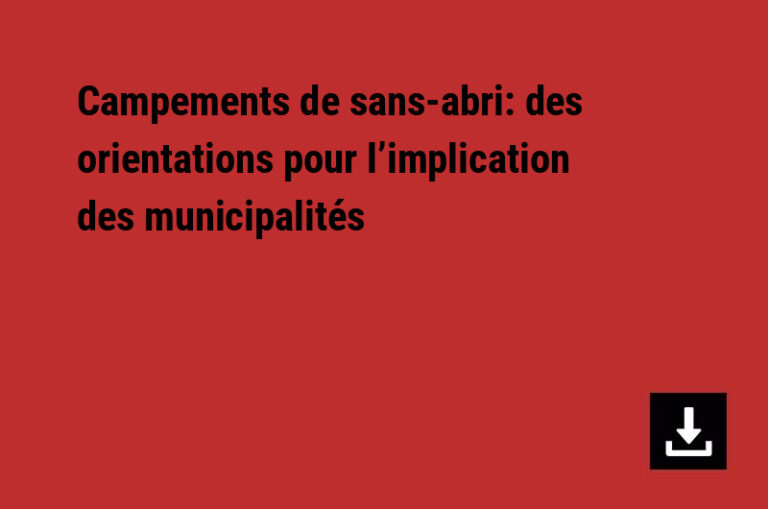
The National Working Group on Homeless Encampments (NWG-HE) – convened by The Shift since January 2023 – presents a Municipal Engagement Guidance. This Guidance is intended to support municipalities in engaging homeless encampments in a constructive and peaceful manner. The Guidance is not a road map to solving homelessness. It is an effort to establish national standards, based in human rights, for municipal government engagement with encampments across the country of Canada. It is intended to help ensure the best outcomes for those living in encampments and their communities in the short term, while establishing a foundation for longer-term solutions.
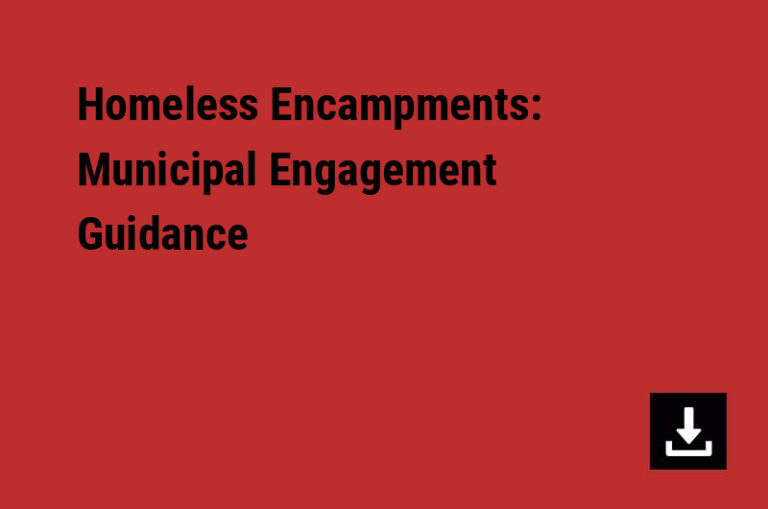
The National Working Group on Homeless Encampments (NWG-HE) – convened by The Shift since January 2023 – presents a Municipal Engagement Guidance. This Guidance is intended to support municipalities in engaging homeless encampments in a constructive and peaceful manner. The Guidance is not a road map to solving homelessness. It is an effort to establish national standards, based in human rights, for municipal government engagement with encampments across the country of Canada. It is intended to help ensure the best outcomes for those living in encampments and their communities in the short term, while establishing a foundation for longer-term solutions.
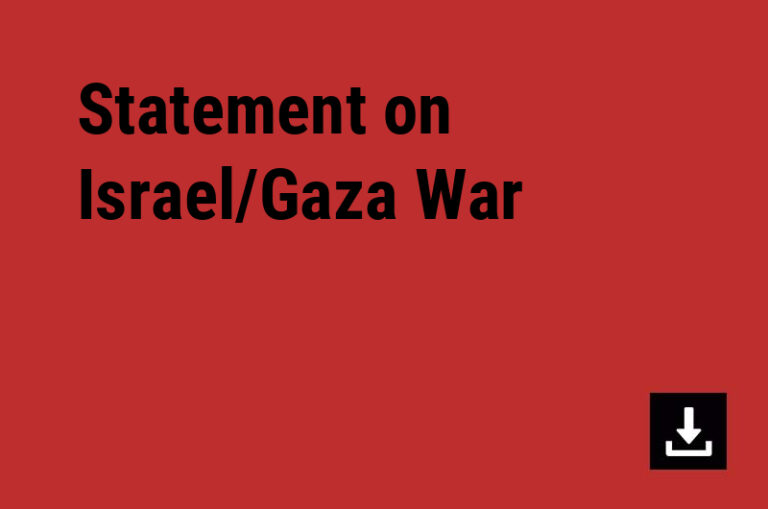
Since 2021, we have been working with the Norwegian Refugee Council in “Area C” of the West Bank in Palestine to envision a planning regime that – with the support of the Palestinian Authority and the international community – would lead to Palestinian development, laying the foundation for statehood.
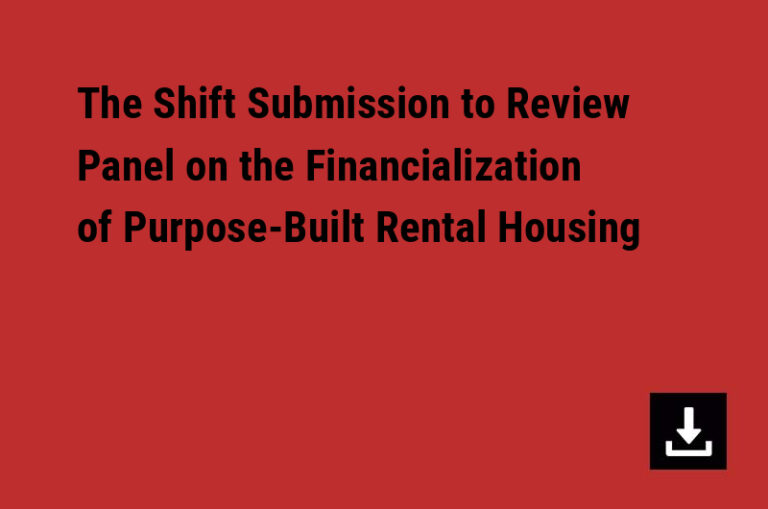
Canada’s first human rights-based review panel took place in October of 2023, on the issue of “the financialization of purpose-built rental housing.” People affected by financialization, civil society organizations, housing and human rights experts, and representatives from the purpose-built rental housing sector were able to share their experiences, expertise, and proposed solutions for financialization directly with the review panel.
Here, find The Shift’s submission to this review process.
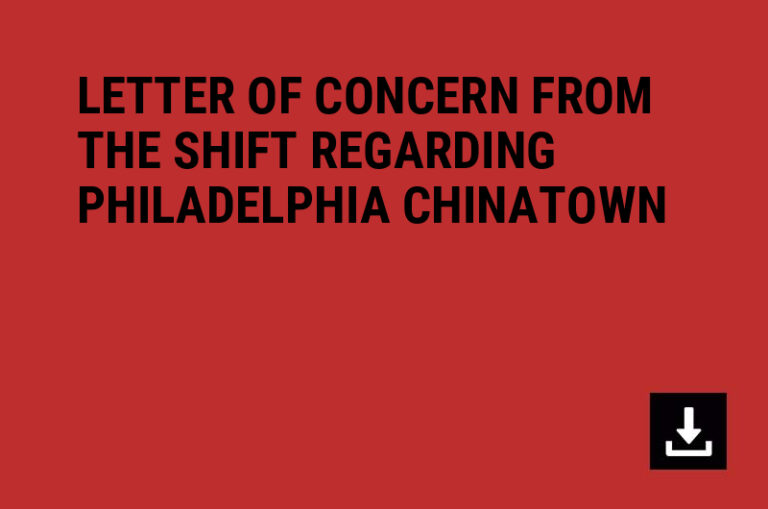
On August 11, 2023, we issued an urgent letter expressing grave concerns about potential human rights violations in Philadelphia’s Chinatown to 76 Devcorp. The letter focuses on the contentious proposal to construct a new stadium within the heart of Chinatown, emphasizing that this is not just an ordinary infrastructure project, but a threat to the community. The letter further details the disproportionate impact that the construction of a new arena in Philadelphia’s Fashion District would have on the lives, livelihoods, and cultural practices of the Asian American community who rely on Philadelphia’s Chinatown.
This threat not only endangers the existence of Chinatown but also mirrors the challenges faced by marginalized communities across the city.
If you want to help make the shift, you can follow us on social media, and use the hashtag #maketheshift when promoting your right to housing events and statements.